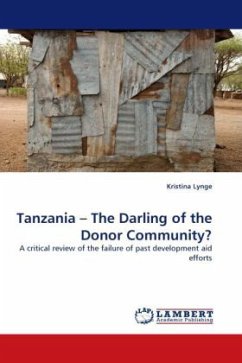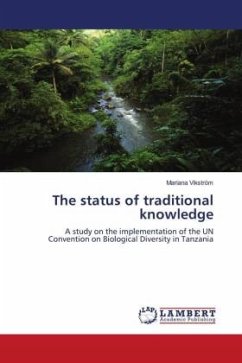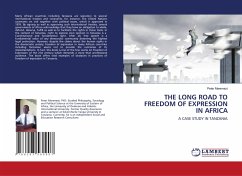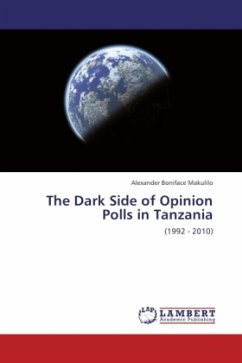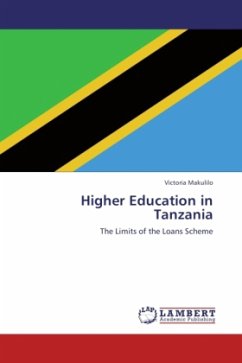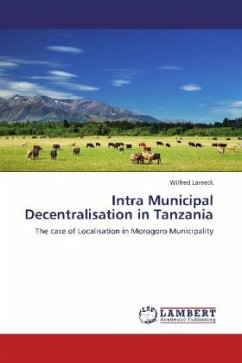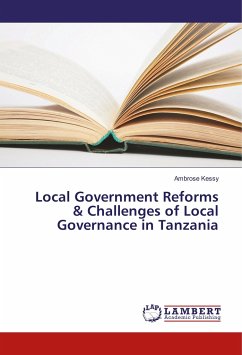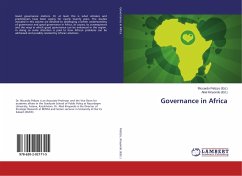Tanzania remains one of the world's poorest countries, with a per capita GNI of US$400 and one third of the population (over 12 million people) living below the poverty line. Lack of access to health and education services, lack of agricultural inputs, lack of opportunities to diversify in to non-farm activities, dependency and powerlessness are the defining characteristics of the poor. In this thesis, I argue that the Tanzanian government and the donors share responsibility for the failure of past policies to set in motion an initiative of pro-poor growth and poverty reduction, particularly in the rural economy. I review some of the constraints on growth and poverty reduction under the National Strategy for Growth and Reduction (Mkukuta), including the major role of foreign aid from especially the World Bank and the United Nations Development Programme. I argue that the programme of the World Bank should be reconsidered, as support is not focused on pro- poor growth. Corruption issues, rising inequality between the elite and the poor and the lack of pro-poor growth are identified as main constraint on poverty reduction in Tanzania.
Bitte wählen Sie Ihr Anliegen aus.
Rechnungen
Retourenschein anfordern
Bestellstatus
Storno

